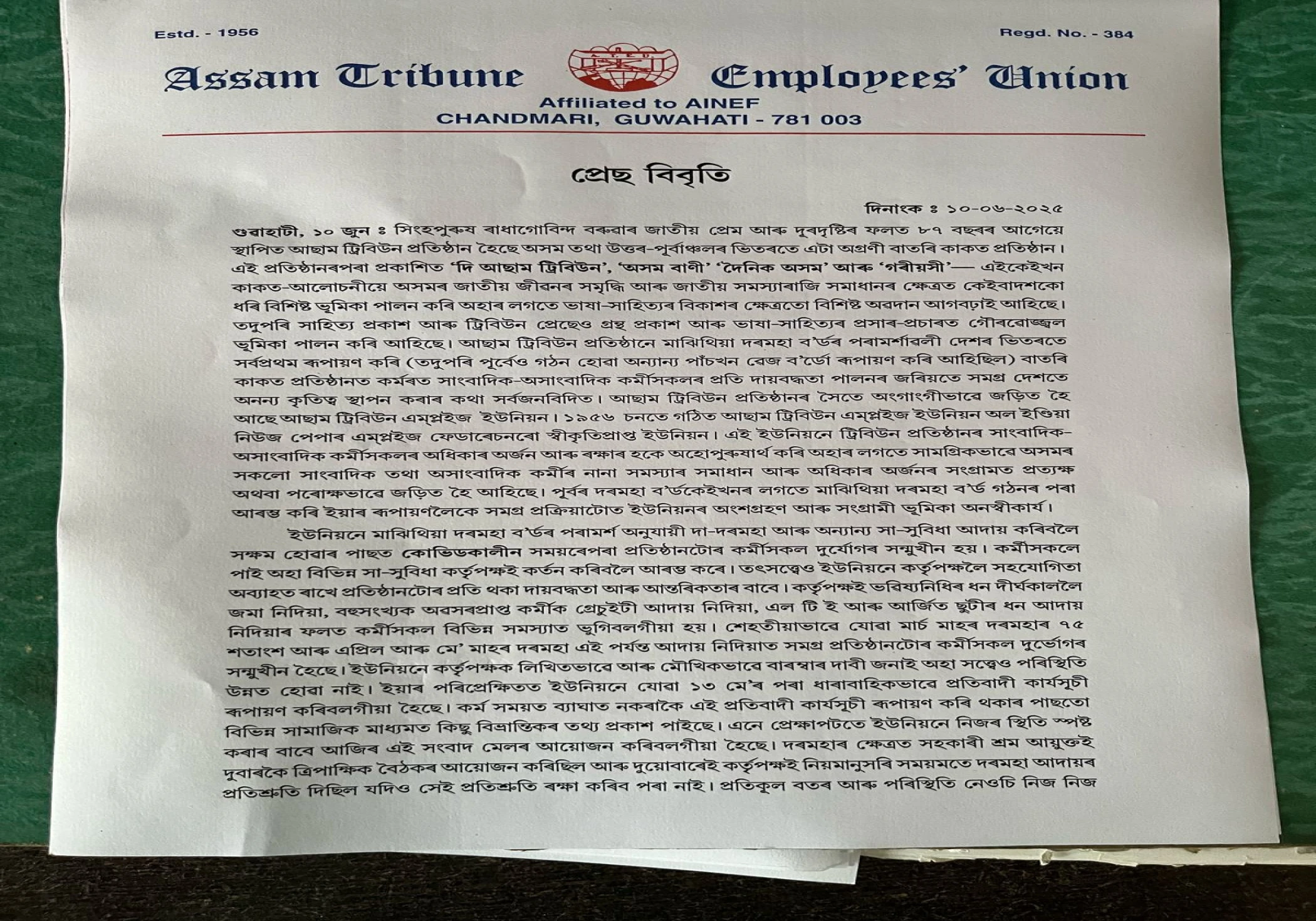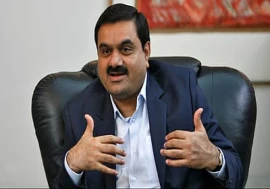
When hundreds of media workers died of Covid-19 complications across India, a few people thought the corona disaster would also devastate the print media, with sharply declined circulation figures resulting in shrinking advertisement revenues. Many established newspaper-publishing groups either closed many of their editions in the post-corona period or drastically reduced the number of employees to cope with the hard situation.
Some newspapers were shut down forever, and many owners were compelled to sell their publications. The troubles are now brewing for the oldest media house in the northeastern region after a Dimapur-based English daily recently ceased its publications. The employees, who once proudly introduced themselves as being associated with the Guwahati-based media group, are now crying for regular salaries. The employees' union officially stated that they have not received their salaries for more than two months. Moreover, many employees, including the working journalists who were retired in the last few years, are still deprived of their due financial benefits under the lawful provisions. One can remember the salaries of employees in the Pioneer Media Group were never lapsed till last year. But it’s yet to be asserted what tempted the management to create the unhealthy situation for months even though the media house was showing profit-making balance sheets till the last fiscal year.
The current management has cited the outstanding dues from the State Information and Public Relations Directorate to the tune of Rs 6 crores (against the published advertisements in the last few months) that delayed the release of salaries and other benefits to the employees. In order for the owners to provide the essential benefits to their workers, the union representatives are now pleading with the government to support all media outlets with regular payments (against the approved and published advertisements) and, if feasible, permit a higher rate. They then asked the authorities to order government workers, schools, and libraries to purchase local newspapers on a regular basis. To ensure that Assamese print media can continue to operate with some dignity, the government should, if needed, set aside a special fund for this purpose. However, the union representatives had insisted on diversifying the revenue streams so that management would not have to rely solely on government-sponsored ads, which frequently have unstated terms. Unverified rumors circulated on social media that the media company in question was prepared for sale. The newspapers and the entire property appear to be of interest to a powerful media group. According to some, a regional newspaper was on the verge of being sold for about Rs 20 crores to another media conglomerate. However, the management in question recently declared that all of this information was untrue and unfounded. It was dedicated to journalistic integrity, editorial independence, and ongoing service to its stakeholders, advertisers, and readers. Additionally, the management asked everyone involved to disregard such rumors and false information.
Many commentators contend that the esteemed organization typically upholds its reputation when releasing news, editorial opinions, and other articles, but in more recent years, these values have been weakened. The group's newspapers publicly backed the anti-CAA movement in Assam and gave it a lot of room in opposition to the center's plan to grant Indian citizenship with lenient requirements to persecuted Hindu, Sikh, Buddhist, and Christian nationals who had fled Pakistan, Afghanistan, and Bangladesh before December 31, 2014. Weeks of chaos in the Brahmaputra valley served as a reminder that the new citizenship act would violate the Assam Accord, which was signed in 1985 to end the six-year Asom Andolan. On another occasion, those newspapers published a number of lengthy, largely unreliable reports about a local press club election that was held shortly before the COVID-19 pandemic. Their credibility was simply jeopardized by the biased reporting that aimed to character assassinate a well-known person. Even though the media group's current state is pitiful, it was definitely planned by a small group of haughty workers who had unrestricted social and political influence and little to no accountability. In the end, they caused chaos, and the management most likely became a reluctant observer.


